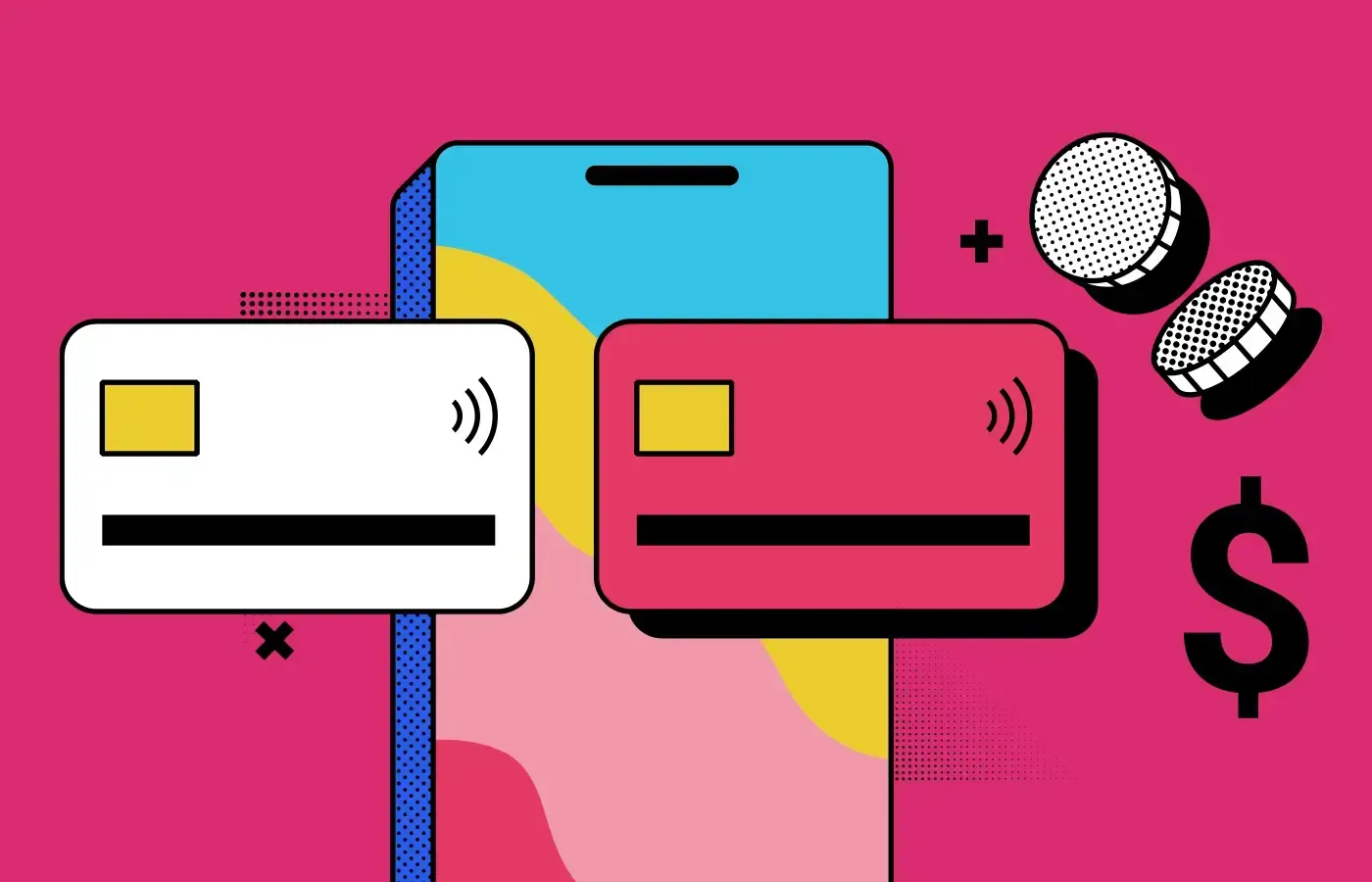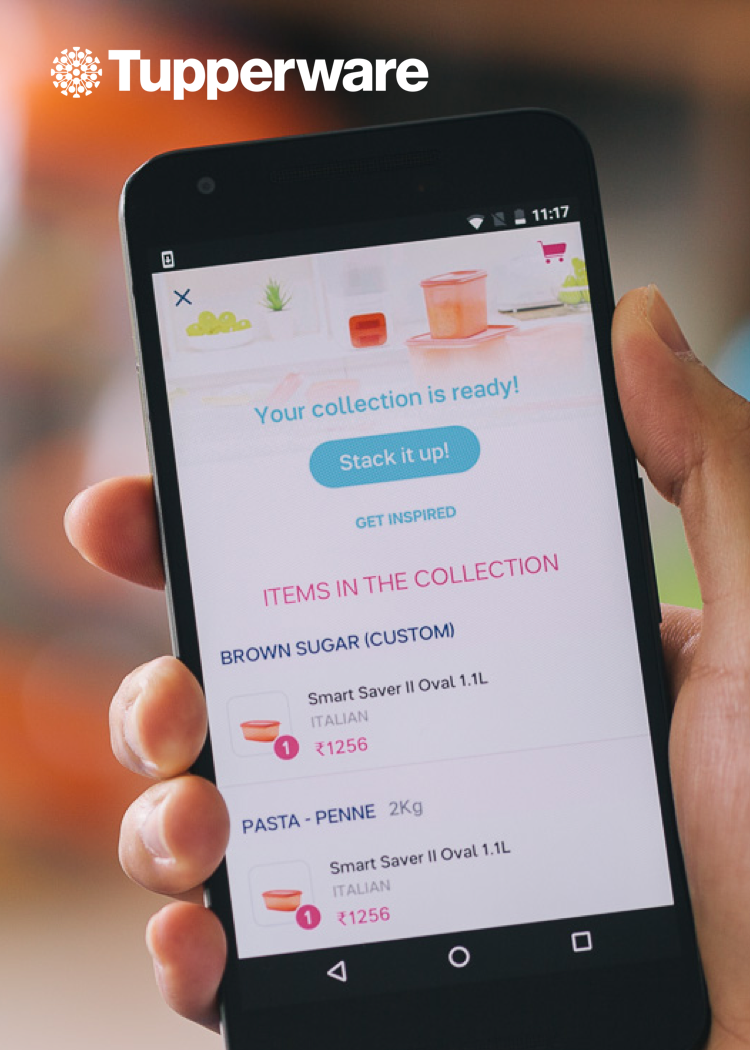blog
Best Sales Enablement Tools To Empower Your Sales Teams
By Mohan S Business App development Enterprise Mobility November 6, 2023

For businesses looking to improve their sales processes and increase revenue in today's cutthroat business environment, sales enablement tools have become extremely important.
Sales enablement tools can include a broad category of tools like sales enablement apps, sales enablement platforms and other resources that aid your frontline sales teams.These tools equip sales teams with what they need to successfully communicate with prospects and clients, which ultimately leads to success in the rapidly moving world of sales.
What Are Sales Enablement Tools?
The purpose of sales enablement tools is to provide sales teams with the information, resources, and content they require to engage and convert leads into customers. With the help of these tools, sales-related content like product details, sales literature, training manuals, and customer information can be organized, managed, and distributed on a single platform. These tools are empowered with digital technology to empower retail also frequently provide analytics and reporting features to assist sales professionals in refining their strategies and making data-driven decisions.
How to Choose the Right Sales Enablement Tool?
The success of a retail business depends heavily on staying up-to-date with retail trends and how efficiently they embrace digital transformation. The efficiency of retail sales, teamwork, and overall revenue can all be significantly impacted by these tools. Consider the following factors to make the best decision possible:
1. Assess Your Needs: Begin by evaluating your specific sales challenges, goals, and workflows. Identify the pain points your sales team faces and the capabilities they require to overcome them.
2. Scalability: Choose a tool that can grow with your business. Ensure it can accommodate your current team size and future expansion plans.
3. Integration: Look for a tool that seamlessly integrates with your existing sales and marketing technology stack. Compatibility is key to streamlining processes and avoiding data silos.
4. Usability: Opt for a user-friendly platform that your sales team can easily adopt. A complex tool might lead to resistance and decreased productivity.
5. Analytics and Reporting: The ability to track and measure the tool's impact is essential. Ensure it provides robust analytics and reporting features to assess performance and refine strategies.
These factors will assist you in choosing the sales enablement tool that best meets the specific requirements of your business and set free the full potential of your sales team.
Here is a carefully selected list of the best sales enablement tools, each of which is intended to speed up particular steps in the sales process. Whether you're looking to improve content management, sales training, or customer relationship management, these tools offer a wide range of features and benefits to meet your specific business needs.
1. Salesforce Sales Cloud
Salesforce Sales Cloud is a leading CRM platform known for its comprehensive sales enablement features.
Features/Benefits: Lead and opportunity management, contact tracking, sales analytics, automation, and customizable dashboards.
2. HubSpot Sales Hub
HubSpot Sales Hub is an all-in-one sales solution that streamlines sales processes.
Features/Benefits: Email tracking, meeting scheduling, sales automation, deal tracking, and integration with other HubSpot tools.
3. Seismic
Seismic is a sales enablement platform focusing on content management and sales effectiveness.
Features/Benefits: Advanced content management, personalization, analytics, and AI-driven content recommendations.
4. Highspot
Highspot offers an AI-powered sales enablement platform designed for content optimization and sales guidance.
Features/Benefits: Content management, analytics, sales coaching, and content recommendations.
5. Showpad
Showpad provides a modern sales enablement platform to improve sales performance.
Features/Benefits: Sales content management, training and coaching, interactive content, and analytics.
6. SalesHood
SalesHood is a sales enablement platform that focuses on sales training, coaching, and onboarding.
Features/Benefit: Sales playbooks, training programs, coaching modules, and analytics.
7. Salesloft
Salesloft offers a sales engagement platform to enhance customer interactions and sales efficiency.
Features/Benefits: Email tracking, cadence automation, analytics, and a sales dialer.
8. Allego
Allego is a sales enablement and readiness platform with a strong emphasis on video-based learning and coaching.
Features/Benefits: Video content management, peer-to-peer learning, coaching modules, and analytics.
9. SAP Sales Cloud
SAP Sales Cloud is part of the SAP suite and offers robust CRM and sales enablement capabilities.
Features/Benefits: Lead and opportunity management, forecasting, analytics, and integration options.
10. MindTickle
MindTickle is a sales readiness platform that focuses on sales training, coaching, and onboarding.
Features/Benefits: Sales coaching, content management, role-based training, and analytics.
These sales enablement tools have a wide range of features and advantages that help sales teams be more effective, manage content better, and increase revenue.
FAQs
1. What is Sales Enablement, and why is it important?
The process of providing sales teams with the materials, equipment, and knowledge they require to successfully engage prospects, close deals, and increase revenue is known as sales enablement. It is essential because it improves sales consistency and efficiency, which in turn leads to higher conversion rates and increased revenue.
2. What are some common features of Sales Enablement Tools?
Content management, sales analytics, lead tracking, sales coaching, email tracking, CRM integration, and automation are common features of sales enablement tools. These tools seek to improve content delivery, streamline sales processes, and offer insights to support wise sales decisions.
3. What is the cost of implementing Sales Enablement Tools?
Based on a number of variables, the cost of implementing sales enablement tools can vary significantly. Businesses should typically budget $300 to $1,200 per month for each user, though some enterprise-level solutions may have higher costs. The actual price is determined by variables like the tool's complexity, the quantity of users, and the necessary features and integrations.
Although this cost may seem high, it's important to take into account the potential return on investment because sales enablement tools can greatly improve the efficiency of your sales team, spur revenue growth, and support long-term business success.
Additionally, a lot of suppliers have tiered pricing structures, which let companies pick the one that best suits their needs and budget.




